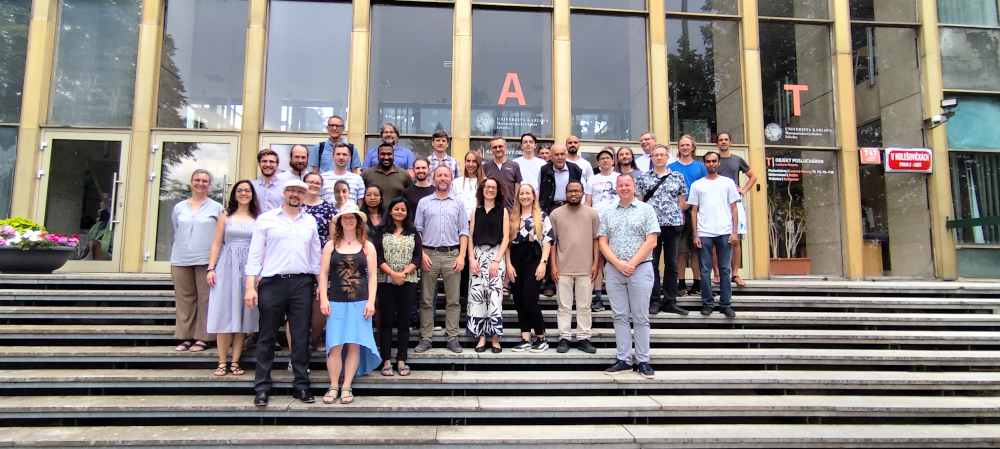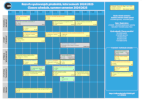Vítejte na stránkách Katedry fyziky atmosféry
Jako jediné univerzitní pracoviště v ČR poskytujeme ucelené vzdělání v oblastech meteorologie a klimatologie včetně matematicko-fyzikálního popisu. Katedra je součástí Matematicko-fyzikální fakulty Univerzity Karlovy.
Zajišťujeme vzdělávání odborníků ve studijním oboru Fyzika atmosféry, meteorologie a klimatologie se zaměřením na všechny stupně studia – od bakalářského, přes magisterské, až po doktorské. Podrobnější informace o vyučovaných předmětech, studijních plánech a požadavcích ke státním zkouškám lze nalézt v sekci Studium.
Výzkum a studium na naší katedře se zaměřují na vysoce aktuální otázky s velkým společenským dopadem – mezi hlavní patří problematika klimatu a klimatické změny, modelování atmosférické chemie a kvality ovzduší, modelování turbulentního proudění v malých měřítkách, výzkum dynamiky vyšší atmosféry anebo výzkum gravitačních vln a jejich vlivu na globální cirkulaci. Katedra se v daných oblastech podílela a podílí na řadě zahraničních i domácích vědeckých projektů. Informace o výzkumních tématech a řešených projektech naleznete v sekci Věda.
Aktuality






